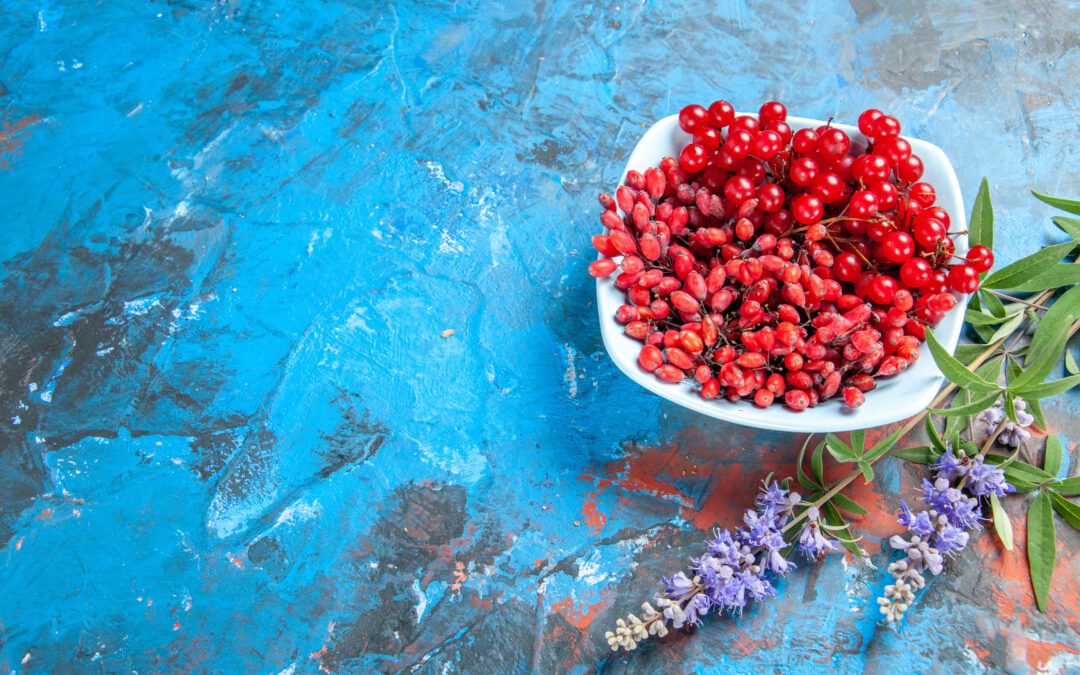Natural Alternative to Metformin is Berberine
One natural alternative to metformin is berberine. Berberine is a compound found in several plants, including goldenseal, barberry, and Oregon grape. It has been traditionally used in Chinese and Ayurvedic medicine for its various health benefits.
Research has shown that berberine can help lower blood sugar levels by improving insulin sensitivity and reducing glucose production in the liver, similar to the effects of metformin.
Additionally, berberine has been found to aid in weight loss, lower cholesterol levels, and improve heart health, making it a multi-faceted option for those seeking a natural approach to managing their health.
However, it’s important to consult with a healthcare provider before starting any new supplement, as berberine can interact with various medications and conditions.
How Berberine compound works
Berberine works through several mechanisms to exert its beneficial effects. Firstly, it activates an enzyme called AMP-activated protein kinase (AMPK), which is often referred to as the body’s “metabolic master switch.
” Activation of AMPK helps to regulate glucose and lipid metabolism. In the liver, AMPK activation leads to a reduction in glucose production, which can help lower blood sugar levels.
Berberine also increases the number of insulin receptors on cells, enhancing insulin sensitivity and promoting more efficient glucose uptake by cells. Additionally, berberine has anti-inflammatory and antioxidant properties,
Which can further support metabolic health and protect against cellular damage. These multiple pathways make berberine a potent compound for managing blood sugar levels and overall metabolic health.
Different sources of Berberine?
Berberine is a naturally occurring compound found in a variety of plants, particularly those used in traditional medicine. Some primary sources of berberine include:
Goldenseal (Hydrastis canadensis): A perennial herb native to North America, goldenseal is widely recognized for its medicinal properties and high berberine content. It has been used historically by Native Americans for various ailments.
Barberry (Berberis vulgaris): Commonly found in Europe, barberry shrubs produce small, red berries and have been used for centuries in traditional medicine. The roots, stems, and bark of barberry contain substantial amounts of berberine.
Oregon Grape (Mahonia aquifolium): Native to the Pacific Northwest, Oregon grape is another rich source of berberine. The plant’s root and bark are primarily used for their medicinal benefits.
Chinese Goldthread (Coptis chinensis): Also known as Huang Lian, this plant is used in Chinese medicine and is valued for its high berberine concentration. It is particularly effective for gastrointestinal issues.
Phellodendron (Phellodendron amurense): Known as Amur cork tree, this tree’s bark is a notable source of berberine. It has been used in traditional Chinese herbal formulations.
These plants provide natural sources of berberine, allowing it to be extracted and utilized for its therapeutic benefits. As with any supplement, it is essential to source berberine from reputable products and consult with a healthcare provider before use.
Berberine Can Help Lower Blood Sugar Levels by Improving Insulin Sensitivity
Berberine aids in lowering blood sugar levels primarily by enhancing insulin sensitivity, which is crucial for effective glucose regulation in the body. Insulin sensitivity refers to how responsive the body’s cells are to the hormone insulin.
When cells are more sensitive to insulin, they can more effectively absorb glucose from the bloodstream, thereby lowering blood sugar levels. Berberine’s action on insulin sensitivity occurs through several mechanisms:
AMPK Activation: Berberine activates AMP-activated protein kinase (AMPK), an enzyme that plays a key role in cellular energy homeostasis. AMPK activation increases the uptake of glucose into cells and enhances fatty acid oxidation, which helps to lower blood sugar levels.
Increase in Insulin Receptors: Berberine has been shown to increase the number of insulin receptors on the surface of cells. More insulin receptors allow for better insulin binding and signal transduction, facilitating the uptake of glucose by cells and improving overall insulin sensitivity.
Modulation of Gut Microbiota: Emerging research suggests berberine can alter the composition of gut microbiota, which is linked to improved insulin sensitivity. A healthier gut microbiome can contribute to better metabolism and reduced inflammation, both of which are beneficial for blood sugar control.
Reduction of Inflammation: Chronic inflammation is a significant factor that impairs insulin sensitivity. Berberine has proven anti-inflammatory properties that can help reduce inflammation, thereby improving insulin function.
Antioxidant Effects: Oxidative stress can negatively impact insulin sensitivity and contribute to insulin resistance. Berberine’s antioxidant properties help alleviate oxidative stress, supporting better insulin signaling and glucose metabolism.
By targeting these multiple pathways, berberine provides a comprehensive approach to improving insulin sensitivity and managing blood sugar levels effectively.
This multi-faceted action makes it a potent natural alternative for those seeking to enhance their metabolic health.
